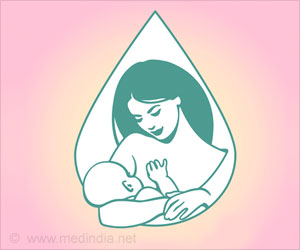Egg freezing for age-related fertility is becoming more common, and a new study provides quick reference points on the topic for primary care providers.

‘Elective egg freezing is a way to help patients improve their chance of pregnancy at a later age.
’





The treatment process usually takes 10-14 days. Fees for this treatment are not covered in Canada by government health insurance.
Frozen eggs do not expire, but many clinics have age limits, after which they will not proceed with the transfer of embryos created from the frozen eggs.
Source-Eurekalert












